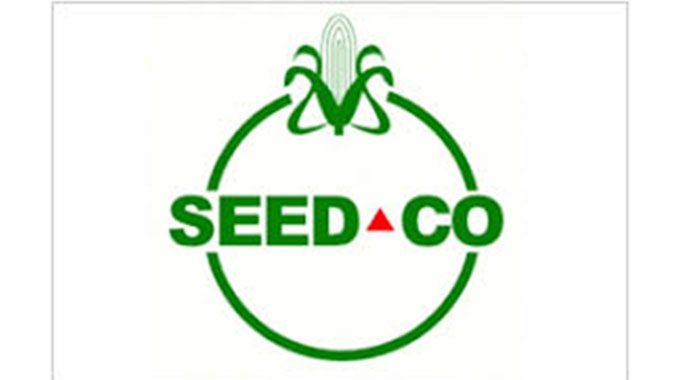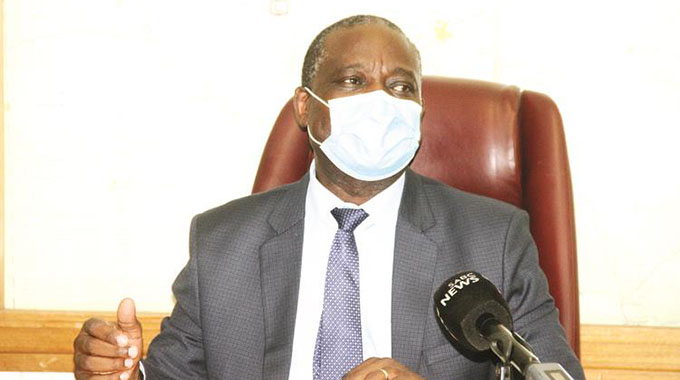Seed Co completes US$12m seed drying plant

Tawanda Musarurwa
Senior Business reporter
Seed producer, Seed Co Zimbabwe has completed setting up its new US$12 million artificial seed drying plant at Stapleford, Mt Hampden, which will enhance early seed availability for sale post-harvest.
The group is also looking at increasing the capacity of the artificial seed drying facility in Harare, as well as replicating it in the region.
Said chief executive Morgan Nzwere during the group’s analysts briefing yesterday: “The artificial seed drying plant was successfully completed at Stapleford, which can do 5 000 tonnes. It will allow us to service early seed and will focus on varieties that are typically affected by late rainfall.
“The artificial seed dryer will help improve our margins as we will now access the seed earlier. Stage 2 of this project will take us to 12 000 metric tonnes.”
For the year to March 2021, the group posted a positive set of numbers, with a significant improvement in the topline. Total revenues jumped 60 percent to $5,8 billion from $3,7 billion in the prior comparable period, largely attributable to a 36 percent rise in volumes as well as price adjustments.
“Product availability was good this year but stockouts were experienced both in Zimbabwe and the regional markets due to the unanticipated surge in demand across the board,” said Mr Nzwere. “Demand surge helped to run down carry-over stocks.”
Profit after tax for the year amounted to $0,8 billion in inflation adjusted terms, a significant improvement from last year’s inflation adjusted loss despite a jump in operating costs.
“Operating costs grew faster in inflation adjusted terms due to exchange rate induced hyperinflation,” said group finance director John Matorofa.
“Finance costs were also significantly up in line with higher interest rates and increased borrowings to finance higher volume.”
In terms of sales, maize remained the flagship seed crop, contributing 55 percent of the volume and growing by 61 percent due to “strong Government and open market demand, as well as 3 600 metric tonne exports to Malawi, Tanzania and Mozambique.”
Wheat sales grew 66 percent, buoyed by a once-off 2 000mt export order to Nigeria, while soyabeans volume was 17 percent up, driven by strong oilseed local demand. Sorghum and barley were stable.
Management said other sales were significantly lower than prior due as there was not much deteriorated stock sold as a commodity this year.
With regards to the group’s joint ventures and associates, Seed Co International nearly doubled its profit from US$6 million to US$11 million in real terms, while Quton’s profitability halved as its monetary loss also doubled.
Prime Seed (the local Vegetable JV) suffered a loss due to margin erosion mainly attributable to foreign currency losses on imported seeds.
Going forward, the group expects to “ride on the good performance achieved in the just ended financial year on the back of the anticipated continuation of Government programmes.”
The board did not declare a dividend for the period under review on the need to conserve cash.









Comments